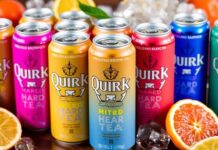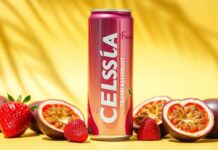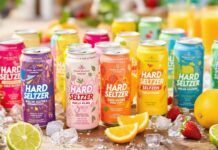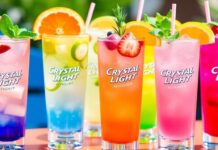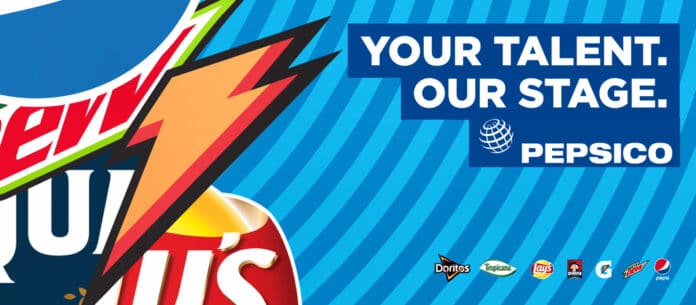Will we see Pepsi introduce its own hard seltzer anytime soon?
Entering the spiked and sparkling alcoholic beverage space is an opportunity the soda company is eyeing, but moving forward cautiously as they evaluate potential partners. As alcohol’s three-tiered distribution system differs greatly from that of soft drinks, Pepsi needs a company with existing industry presence and know-how in order to bring a hard beverage of any kind to market.
Hard Truth
PepsiCo faces renewed questions about the possibility of launching a hard seltzer as new details emerge about Topo Chico Hard Seltzer, which The Coca-Cola Company will bring to US markets in early 2021 through its new partnership with Molson Coors. It is currently available in select markets in Mexico and Brazil.
On an October 1 call discussing Pepsi’s third quarter earnings, chairman and CEO Ramon Laguarta provided insight into the company’s thinking, emphasizing that energy drinks are currently a bigger focus than expanding into the uncharted territories of alcohol sales.
“[O]ur focus today. . . is getting the energy strategy right,” said Mr. Laguarta, referring specifically Pepsi’s four brands of energy drinks: Rockstar, Bang, Mountain Dew, and Starbucks. “So those four big pillars, that’s taking a lot of our focus and that’s going to be our priority, right especially 2021. And I think you will see great progress in all those four fronts.”
Mr. Laguarta also spoke to the company’s quest to find the perfect distribution partner, describing the dilemma as “who do we play with and who do we partner to maximize the value for PepsiCo.” Due in part to the difference in distribution systems, Pepsi naturally wants to protect its margins and ensure that alcohol would be a profitable venture. “[H]ow do we capture a lot of value of these [opportunities], given the three-tier system, it’s not obvious how you capture a lot of value,” the CEO mused.
Three Tiers of Alcohol Distribution is New Territory for Pepsi
The tiered alcohol distribution system is actually another vestige leftover from the repeal of Prohibition and refers to the supply chain of producers (or importers), distributors, and retailers. Producers (including brewers, distillers, and vineyards) cannot sell their products directly to consumers at retail, other than via taprooms and tours. Rather, a producer sells its products to wholesale distributors, who in turn sell them to retailers, and then consumers buy the alcohol from retailers.
Further complicating matters is the fact that alcohol laws vary widely by state, with many restricting where and when one can buy booze. Following the end of Prohibition, certain states chose to act as “alcoholic beverage control jurisdictions.” Rather than independent entities running the distribution tier, these so-called control states opt to control part (or all) of the distribution tier themselves. Some of these states also control the spirits retail tier as well.
At present, Washington is the only state that does not require the three tiered system, allowing retailers to bypass the wholesaler and purchase directly from producers. However, many producers and retailers in WA still work through wholesalers in spite of the law, leaving the tiers mainly intact.
Given the system of laws and regulations regarding alcohol sales, it is no wonder that Pepsi wants to take its time and find the right partner to guide them through the nebulous world of alcohol drinks. But with Coca-Cola set to enter the hard seltzer space so soon, don’t be surprised if it becomes a more urgent priority for Pepsi early next year.
- Molson Coors Increases NA Foothold with La Colombe Coffee - September 15, 2021
- Half Time Beverage Adds Seltzer and Canned Cocktails Gift Packs - September 14, 2021
- Coming Soon: Great Lakes Agave Twist Ranch Water - September 13, 2021


